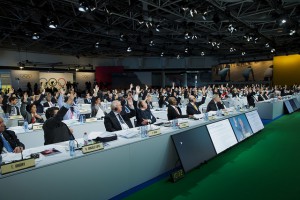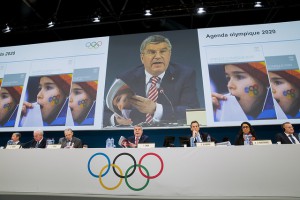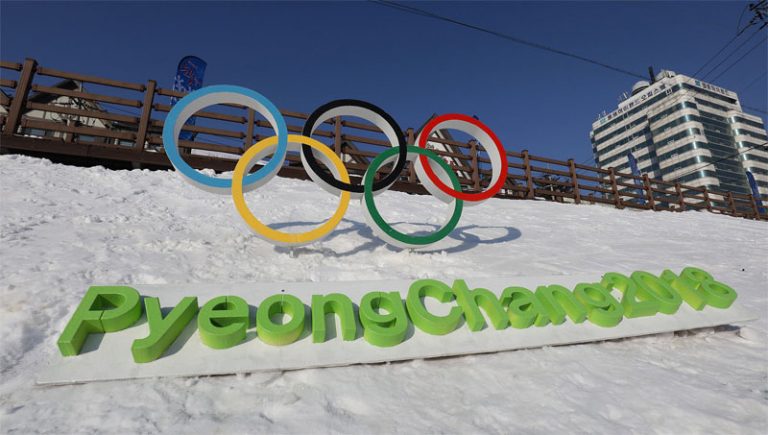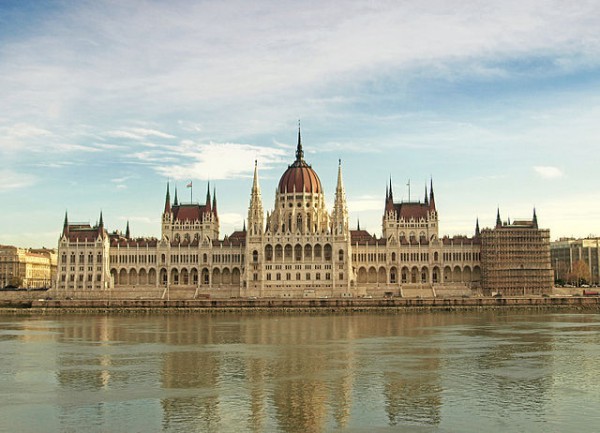Reporting from the Grimaldi Forum in Monaco – It took about 45 minutes and generated a lively debate, but in the end International Olympic Committee (IOC) members unanimously approved three sweeping recommendations that that could change bidding, and the Olympic experience forever.

Ninety-six members heard working group chair John Coates outline the recommendations proposed by his working group after a year of investigation, namely to “shape the bidding process as an invitation; evaluate bid cities by assessing key opportunities and risks, and reduce the cost of bidding.”
Though they seem innocuous, they could have major implications on the look of the Games beginning in 2018.
The newly approved rules will allow host cities, in exceptional circumstances, to stage events outside of its country when cost and sustainability is a key factor – if approved by the Executive Board. Already, in anticipation of Monday’s approval the IOC has requested the PyeongChang move the sliding venue to an existing facility elsewhere in the world rather than risk a costly, underused legacy.
Members Denis Oswald and Syed Ali questioned this approach as it could undermine some of the key experiences from the Games – having athletes across the sport spectrum all gather together at the same place, in the same village and at the same ceremonies. Additional concerns surrounded the compactness of the Games, especially as it pertains to travel times and cost for athletes.
When pressed, Coates agreed that the geographical considerations would have to be balanced against costs and sustainability and the Executive Board would take these into consideration when approving such situations.
Other members including Tsunekazu Takeda, who spearheaded the successful Tokyo 2020 bid, and Cameil Eurlings applauded the recommendations saying that they will be advantageous to future bid cities.
There were no issues raised regarding the newly accepted “invitation phase” of the bidding process that allow the IOC and bid cities to work together and discuss strategies that will fit the Games to the city and vice-versa – prior to any significant investments and to help improve plans from the start. Additionally, the IOC will now pay travel costs for a predetermined number of bid city delegates who attend officially required presentations. The number of presentations themselves will be reduced to help cut costs.

The idea of maintaining a registry of approved bid consultants who are bound to Olympic values and principles was challenged by member Richard Peterkin who questioned the legality of such a system. Coates emphasized that this would be beneficial to bid cities who face a large learning curve and could be advised to engage consultants accordingly during the invitation phase.
In all, 11 members engaged in the bid process conversation. This group received the highest number of contributions, along with the Olympic program.
Coates said “this topic .. is the very heart of the Olympics.”
Other key new proposals that will now be put into effect include:
The Evaluation Commission will deliver a report that gives a more explicit assessment of risks and opportunities, and an “athletes’ experience” assessment category will be added.
There will be better communication with respect to the IOC’s financial contribution and the difference Games that was mostly composed of capital investment costs gave the false impression that the Games would be out of reach for nations with smaller budget, leading to the withdrawal of four European cities from the 2020 Games bid.
Third-party reports will be provided on some of the technical aspects of the bids and IOC members will have the opportunity to be involved in interactive videoconference presentations so that they can address bid cities with questions directly.
The required signatory for the host city contract will vary to better reflect the jurisdiction of the host city and who should bind the agreement. A single or multiple signatures would be permitted and the contract would be made public.
While these logistics will be put into place, their impact is questionable. The IOC members are still free to elect cities based on the criteria they choose.
Cities may now have the opportunity to spread out venues or choose not to build a difficult venue and instead send athletes across a border, but members need not vote for such a proposal. In practice, to maintain a competitive advantage, bid cities may reject these opportunities in favour of the more traditional model.
The bid process proposals may only be cosmetic unless they are effectively implemented.
In IOC President Thomas Bach’s words from Saturday’s opening “if we want to strengthen the relevance of our Olympic message people have to hear our message; they have to believe our message; people have to get the message.”


